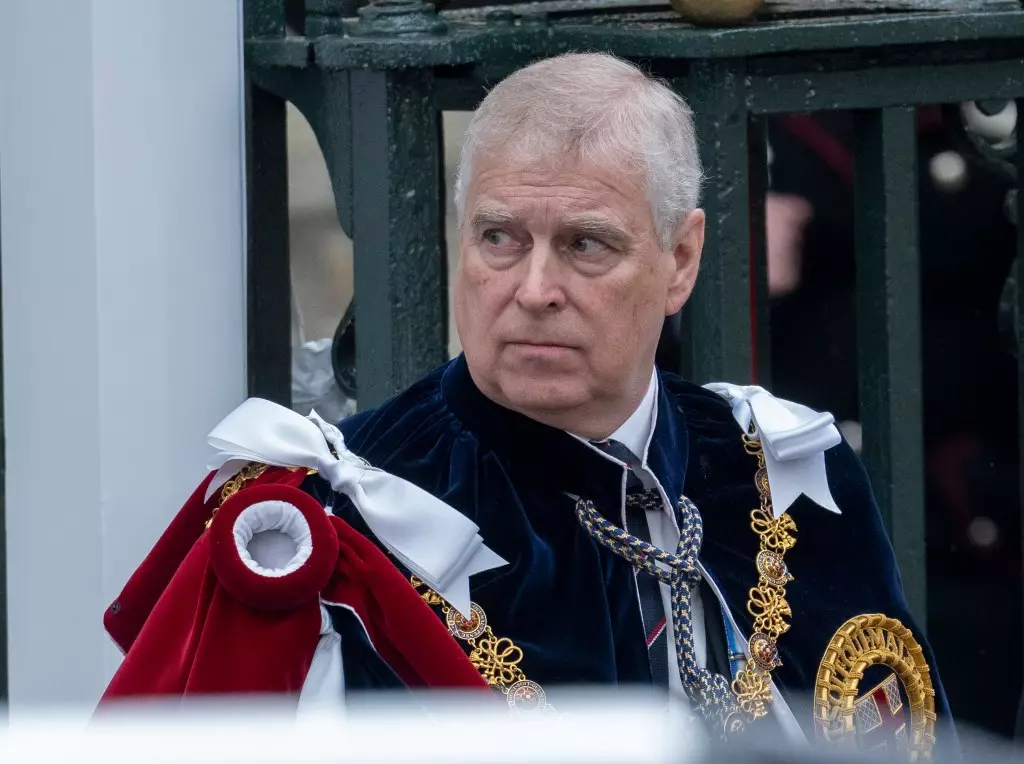In recent developments, court documents have surfaced that challenge the narrative presented by Prince Andrew regarding his relationship with Jeffrey Epstein. During a highly publicized interview with the BBC in 2019, Prince Andrew insisted that he had severed all ties with Epstein after a December 2010 meeting at the latter’s New York mansion. His statements, aimed at distancing himself from Epstein’s criminal legacy, ultimately backfired, leading to public outrage and a directive from Queen Elizabeth II for him to withdraw from royal duties. However, the emergence of this new evidence raises serious questions about Andrew’s honesty and the extent of his associations with Epstein, particularly following a 2011 email suggesting that their friendship was very much alive.
The recently uncovered email dated February 2011 reveals that not only did Prince Andrew maintain contact with Epstein, but he also appeared enthusiastic about their relationship. In an email, Andrew casually invites Epstein to “keep in close touch,” indicating a willingness to continue their friendship. This contradicts his previous public statements and portrays a more complex and troubling dynamic between the two men. Furthermore, other emails released during the legal proceedings show Epstein’s desire to have a friend introduced to Andrew at his residence. Such correspondence signifies a camaraderie that undermines Prince Andrew’s attempts to portray himself as a victim or a disinterested party in Epstein’s life.
These revelations about Prince Andrew’s continued friendship with a known sex offender bring to light the broader implications of his actions, not just for himself but for the royal family as a whole. The scandal surrounding Andrew has led to a significant re-evaluation of his public persona and his role in the monarchy. While the royal family has previously managed to navigate crises with a degree of resilience, Andrew’s choices have placed them in a tight corner, forcing them to grapple with a tarnished image. The public’s perception of the monarchy may suffer lasting damage, as such a grave association compromises their credibility and moral authority.
As legal proceedings continue against Epstein’s former associate, Jes Staley, in relation to his connections with the financier, these new details only exacerbate the scrutiny on Prince Andrew. The implications are profound not just for the prince but also for other figures entangled in Epstein’s web, illuminating how easily reputations can be stained by association. The public outrage against Epstein and those tied to him is a reminder of the societal intolerance towards such misconduct, potentially leading to increased calls for transparency and accountability within royal circles.
Looking Ahead: What Will Happen to Prince Andrew?
In light of these revelations, the future for Prince Andrew appears increasingly bleak. The denials he made in the past may not hold up against the weight of new evidence, and the public’s patience may finally be wearing thin. The ongoing fallout could push him towards a more permanent retreat from public life. With calls for reform and accountability echoing across royal pathways, it remains to be seen whether Andrew will face consequences for his earlier claims or if the monarchy will find a way to navigate yet another turbulent chapter marked by controversy and tarnished lineage.

